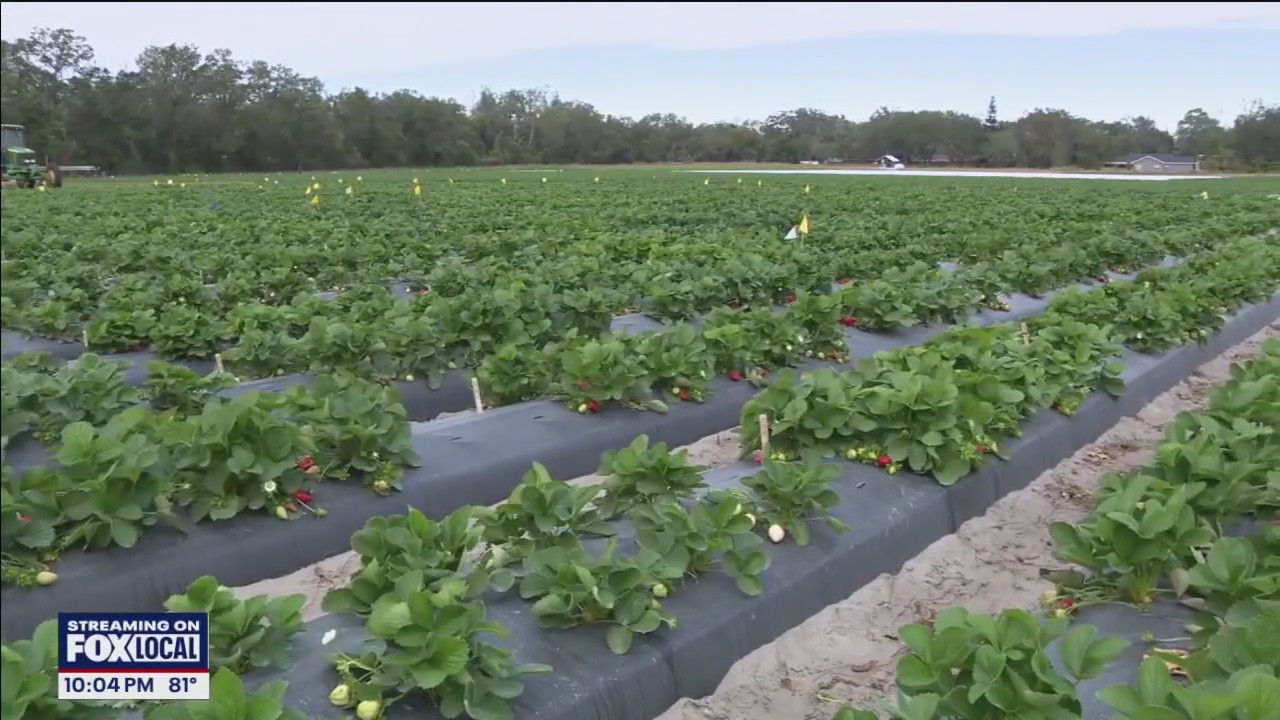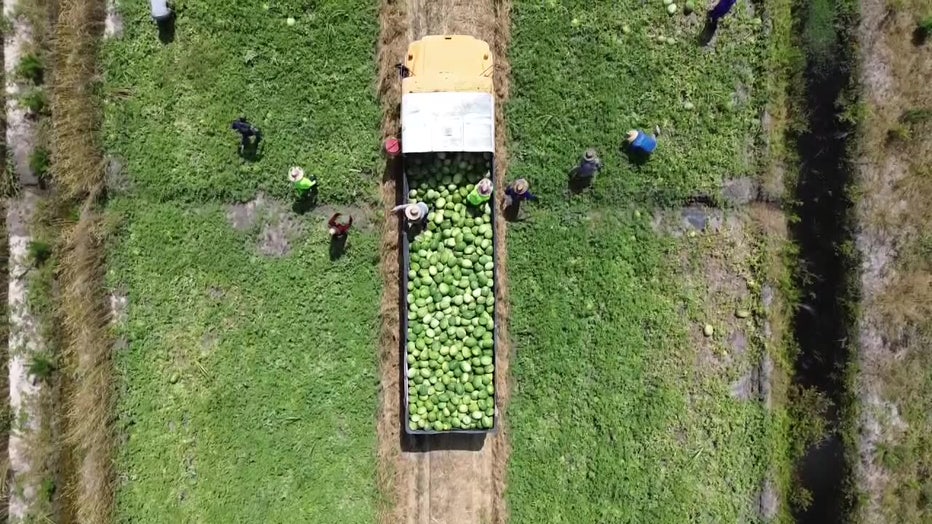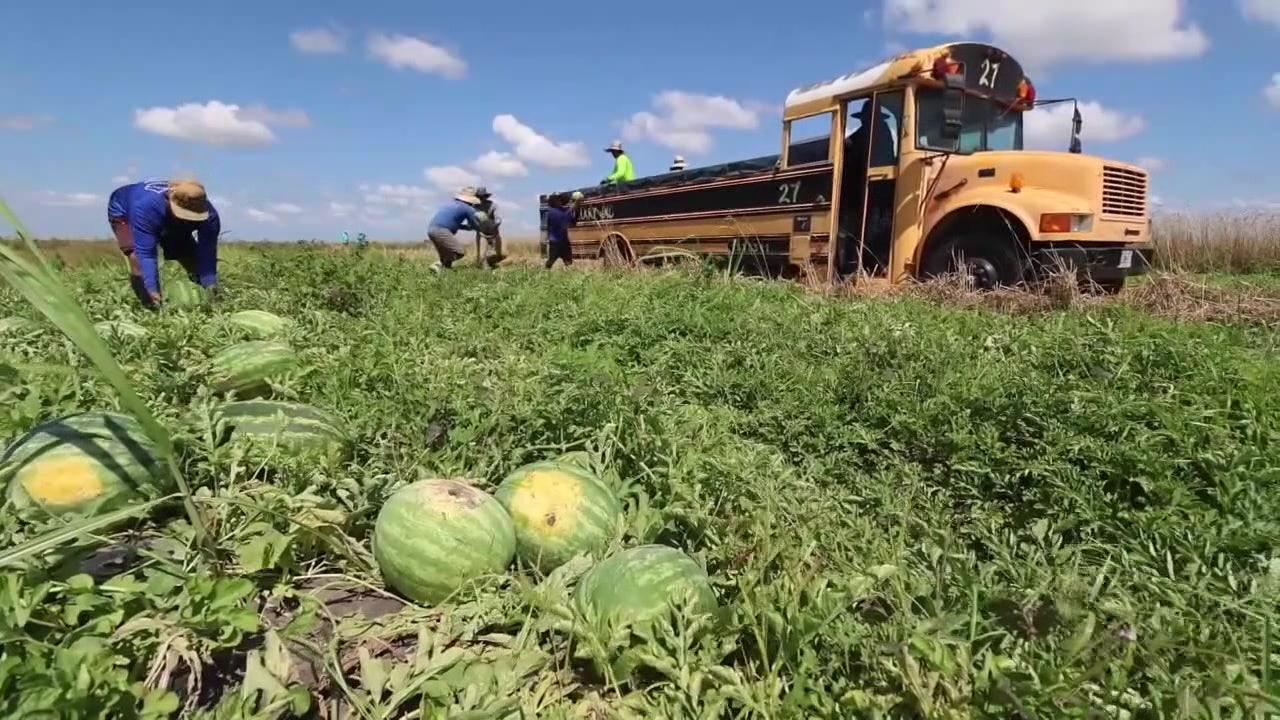
PLANT CITY, Fla. – In Plant City, one of Florida’s agricultural hubs, farms depend heavily on migrant labor to keep fields producing and crops from rotting. Local farmer Lee Wroten says nearly all his workforce is made up of H-2A visa holders.
“It’s almost everybody — all the labor, tractor drivers, even some supervisors are H-2A,” he said.
But lately, Wroten says other farmers worry that fewer foreign workers are applying, citing fear of ICE enforcement. They offer the jobs to Americans first, but many don’t want the positions.

“Without the H-2A program, we’d really be in a bad place,” he added. “It’s hard work — it’s hot, sweaty, not sexy, and most Americans don’t want to do that kind of work.”
He said without migrant workers, “crops rot in the field.”
The backstory:
Wroten says some of his employees were stopped by law enforcement agents recently, which added to their unease, even though all had valid paperwork.
“It freaked them out a little bit,” he said. “I told them, make sure you have all your papers, use your blinkers, and stop at all the stop signs.”
Chris Ball, CEO of másLabor — one of the nation’s largest recruitment agencies for agricultural workers — told FOX 13 that fear is becoming more common.
“The workers are nervous because they see articles in the news, people getting deported and more ICE enforcement,” Ball said. “It’s been a challenge to reassure workers who are coming here legally that they’re safe.”

MásLabor has given their workers an app to show their documents digitally.
READ: Hillsborough ranks first in Florida for high number of books banned, district pushes back
Why you should care:
Florida consistently leads the nation in H-2A visa approvals, reflecting the state’s massive agricultural industry for fruits and vegetables.
Farmers say these workers are essential to maintaining Florida’s food supply, and keeping produce on grocery shelves and at markets across the region.
CLICK HERE:>>> Follow FOX 13 on YouTube
The Source: This story was written using an interview with Florida farmer Lee Wroten, an interview with Chris Ball, CEO of másLabor, and data from the Florida Department of Agriculture and Consumer Services.
